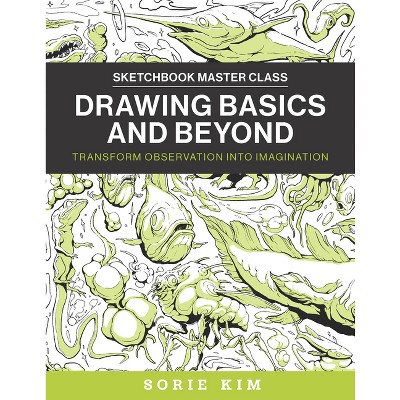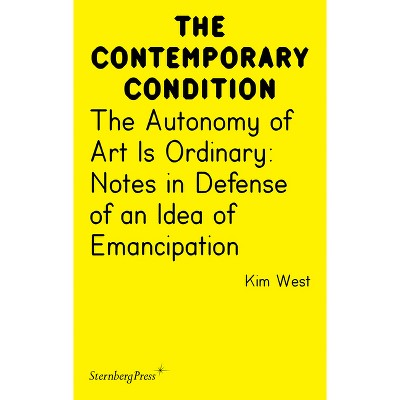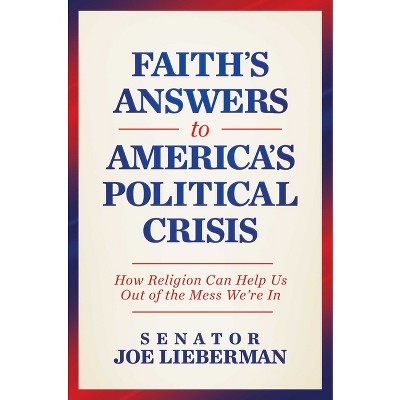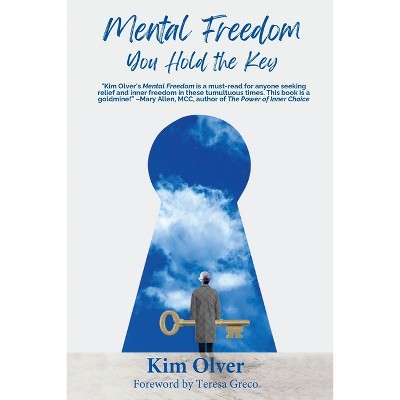Sponsored

Culture of Crisis and Extinction - by Kim Thu Le (Hardcover)
In Stock
Sponsored
About this item
Highlights
- Culture of Crisis and Extinction: Idealism and Ideology Expressed in Arts and Architectural Forms explores the mythology of cultures in crisis, tracing the symptoms that lead to their destruction and eventual extinction.
- Author(s): Kim Thu Le
- 188 Pages
- Art, Art & Politics
Description
About the Book
"This book aims to examine how cultures survive, evolve, or become extinct during their struggles over the course of development through the combined influences of religious, social, economic, scientific, political, and philosophical movements across many centuries. Using an observational system and research methodologies incorporating art, literature, and architectural forms, this book explores how a different set of cultural, economic, and political belief systems representing the authority group may engage some groups in society but disengage others, leading to conflicts or the destruction of culture over the long term. This book also explores the natural relationships within a society and between groups and individuals based on their practices and system of ideas, social attitudes, and cultural values or their religious, philosophical, economic, and political beliefs"--Book Synopsis
Culture of Crisis and Extinction: Idealism and Ideology Expressed in Arts and Architectural Forms explores the mythology of cultures in crisis, tracing the symptoms that lead to their destruction and eventual extinction. Through a comprehensive range of research methods and strategies tailored to each fieldwork project, this book investigates cultural phenomena across various environments. It uncovers significant historical meanings that are often hidden or absent from mainstream publications.
By analyzing cultural transitions through economic, political, and ethnic lenses across Europe and Asia, the book provides an in-depth examination of collective action and the root causes of cultural crises. Spanning six chapters, it identifies the myths surrounding cultural conflicts and crises of extinction, challenging the assumption that poverty and suffering are definitive indicators of such crises. Instead, it presents cultural extinction as a gradual process stemming from a culture's failure to adapt to its changing environment.
The book considers how injustice, economic misalignment, and systemic inequalities-such as unnecessary poverty, illness, and religious discrimination-contribute to cultural collapse. When these injustices become ingrained within a society's institutions, the eventual disappearance of the culture becomes inevitable unless transformative change is initiated.
Shipping details
Return details
Trending Non-Fiction











